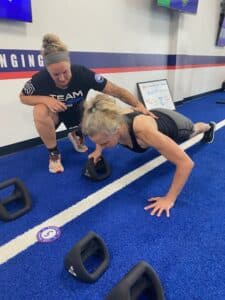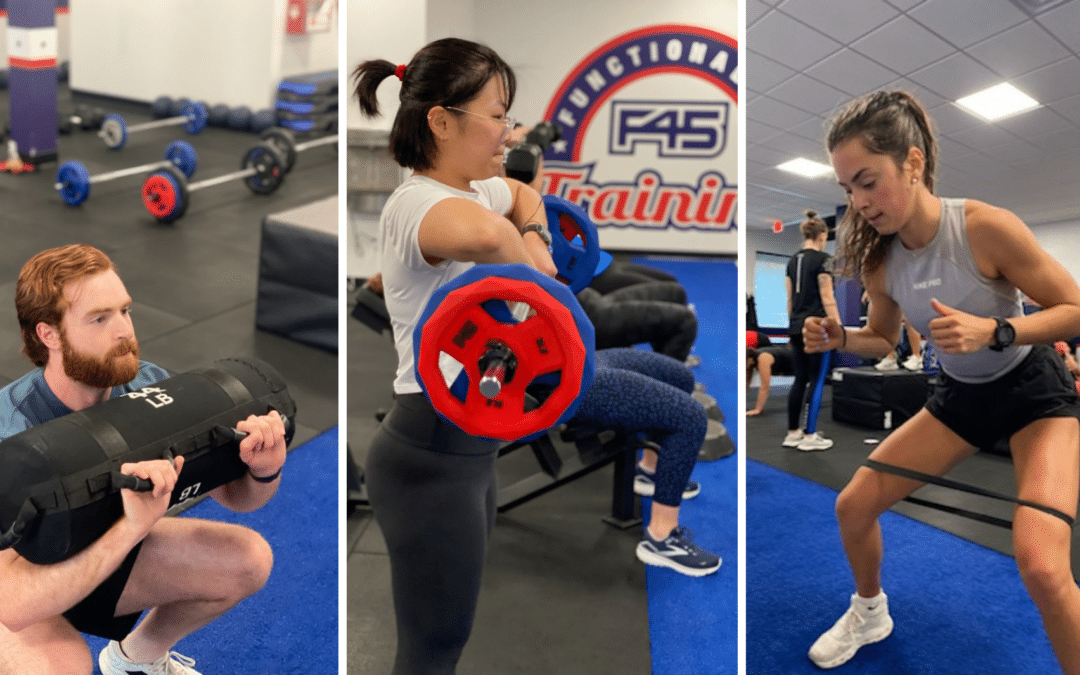While running is the foundation of any marathon training plan, incorporating functional cross-training is crucial for building the strength, power, and mobility needed to excel on race day. By diversifying your workout routine, you can enhance your overall fitness, reduce injury risk, and develop well-rounded physical capabilities to handle the demands of marathon training.
Develop Functional Strength
Strength training should be a key component of your marathon prep, as it helps build the muscular endurance, power, and stability required for efficient, injury-resistant running. Focus on compound exercises that target multiple muscle groups and simulate the movements used in running, such as squats, lunges, deadlifts, and step-ups. These functional movements will strengthen the core, glutes, and lower-body muscles, improving your running economy and reducing the risk of overuse injuries.

In addition to strength training, incorporating functional cardio activities like cycling, rowing, and swimming can provide low-impact, cross-training benefits. These exercises work your leg muscles in different planes of motion, helping to prevent muscular imbalances and overuse issues. Moreover, the cardiovascular challenge of these activities will build endurance without subjecting your body to the repetitive stress of running.
Emphasize Mobility and Stability
Improving your joint mobility and muscle stability is crucial for optimizing running performance and injury resilience. Incorporate dynamic stretching, foam rolling, and targeted mobility work into your routine to enhance the range of motion in the hips, ankles, and other key areas. Complementary exercises like single-leg balancing, TRX work, and core stabilization drills will help develop the stability and neuromuscular control needed to run efficiently and withstand the demands of marathon training.
Prioritize Recovery and Adaptation
As you increase the volume and intensity of your training, proper recovery becomes paramount. Cross-training can aid in this process by facilitating active recovery and promoting muscular adaptation. Low-impact activities like swimming and cycling can help flush out lactic acid and increase blood flow to support the repair and strengthening of your muscles, tendons, and connective tissues.

One of the primary benefits of cross-training for marathoners is the reduced risk of overuse injuries. Running, even with the best training plan, puts a significant amount of repetitive stress on the same muscle groups and joints. Adding variety through cross-training allows your body to recover and adapt in between running workouts, without subjecting it to the same high-impact forces.
Cross-training is an invaluable component of any well-rounded program, you can build a more resilient, balanced physique that is primed to handle the rigors of your training and race desires. This holistic approach will not only improve your marathon performance but also reduce your risk of injury and sustain your motivation throughout the journey. Your body (and your mind) will thank you for it.

